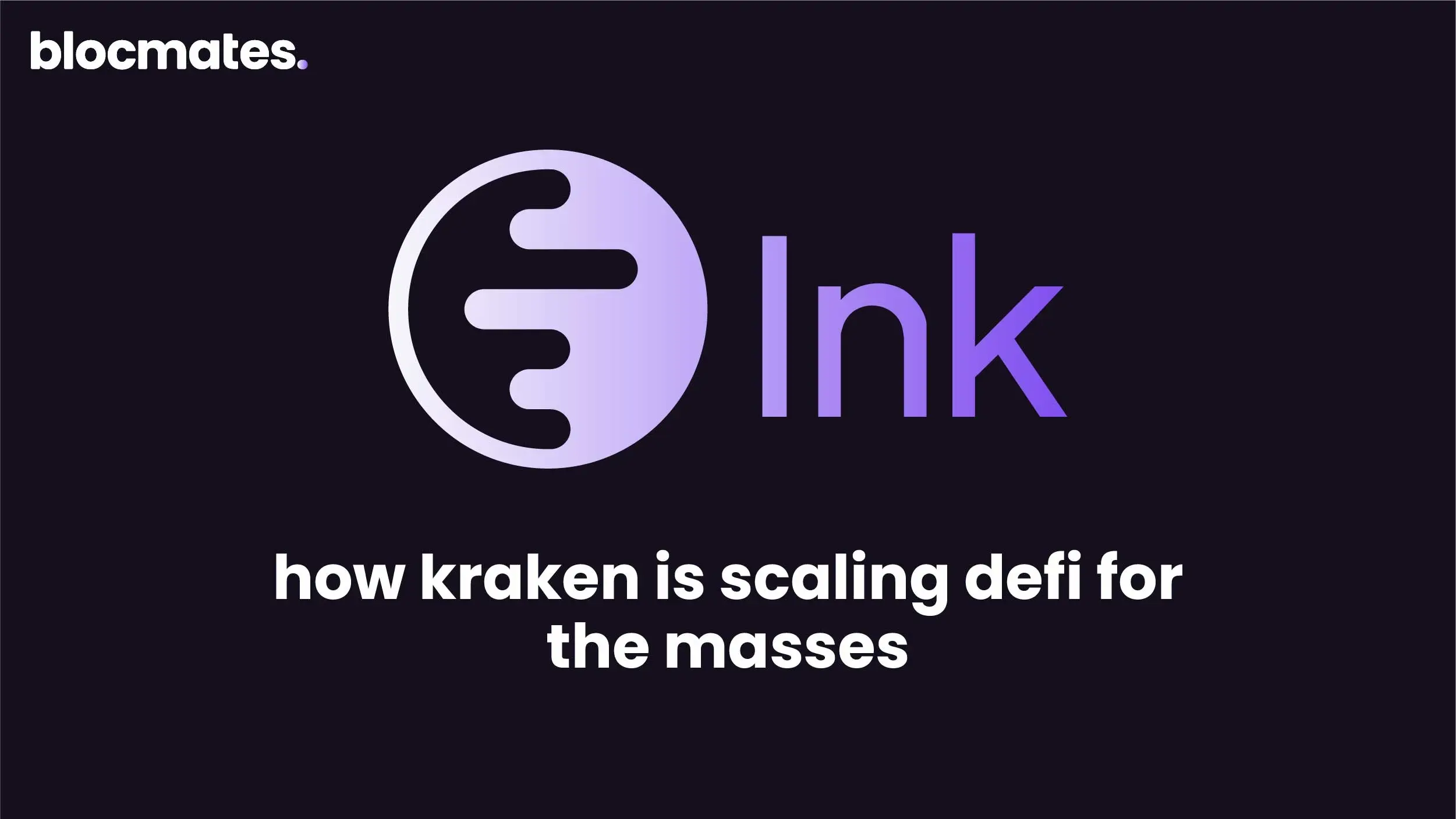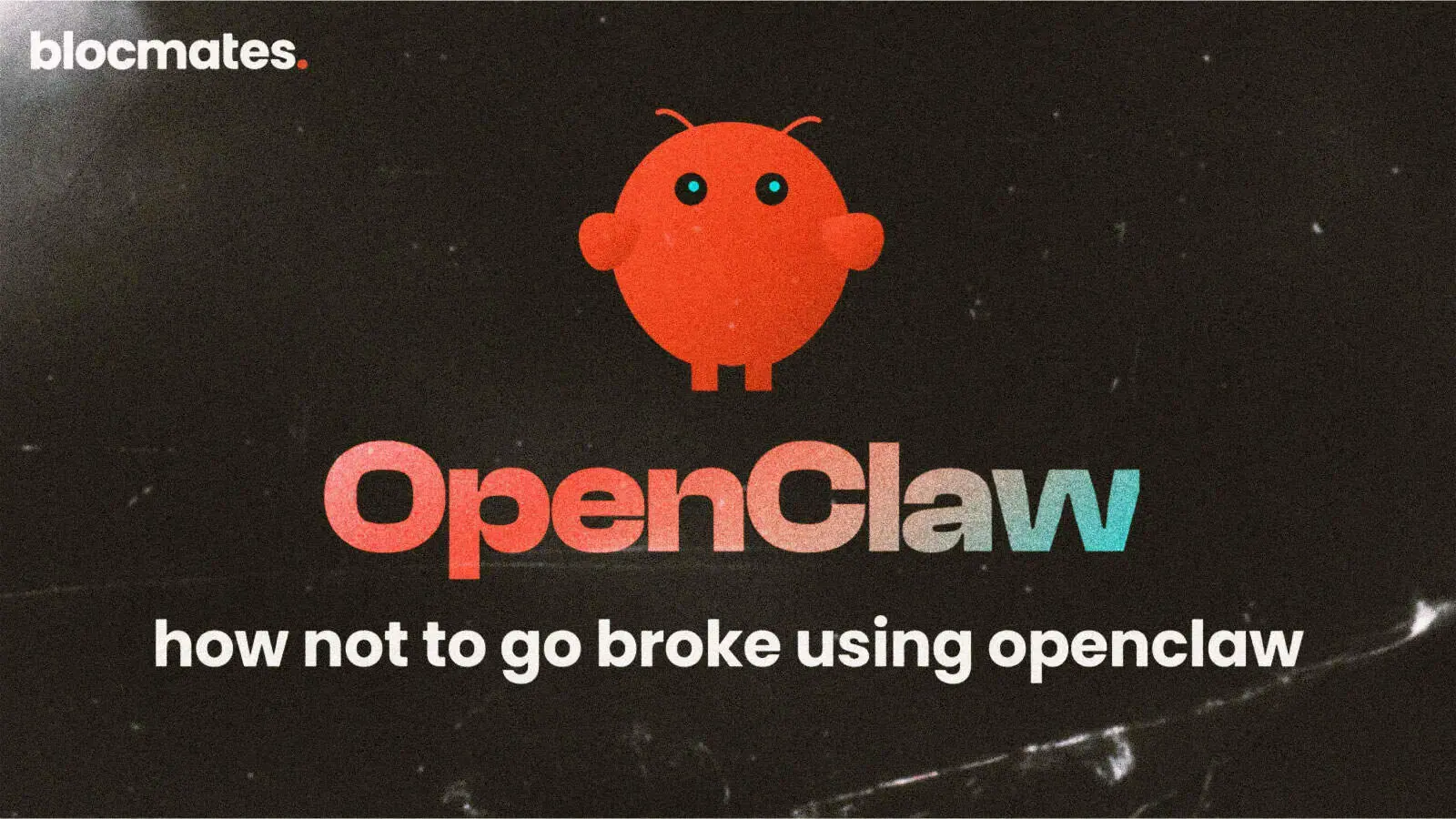Nvidia’s earnings are due this week and AI assets across the board are back on investors’ radar.
As far as crypto tokens are concerned, NEAR, TAO, and RENDER have managed to outperform large-cap coins by fetching holders with weekly returns in the 23% to 45% bracket.
Meanwhile, Artificial Superintelligence Alliance — a merger of Fetch.ai, Ocean Protocol, and SingularityNET — registered the heftiest ROI. Its native FET token has risen by more than 65% over the past week and was seen exchanging hands around $1.4 at press time.
A recent post from Lookonchian highlighted,
“A whale seemed to regret selling before and spent 2.385M USDT to buy 1.79M FET back from Binance at a higher price of $1.33 6 hours ago. This whale sold 2.33M FET for 2.385M USDT at $1.02 from Aug 11 to Aug 23.”
AI also led the 24-hour narrative mindshare on Monday by commanding close to 25%.

On Wednesday, Aug. 28, Nvidia will announce its second-quarter results. The tech giant’s revenue has spiked by over 262% in the past year. Meanwhile, its stock hit an ATH of $135 in mid-June and is up by around 180% on the yearly time frame.
Chinese AI devs are quietly tapping on banned Nvidia chips
The US restricted advanced chips from being sold to China a couple of years back. Nevertheless, Chinese operators and AI developers have found their way out by relying on decentralized platforms for computing power.
Acdordint to a recent report, Joseph Tse, who until recently worked for a Shanghai-based AI startup, revealed that his former employer relied on a decentralized GPU service after being blocked from renting computing power from Amazon Web Services. Notably,
“The service arranged for more than 400 servers at a data center in California with Nvidia’s H100 chips to help the company Tse worked to train its AI model.”
Meanwhile, Derek Aw, a former bitcoin miner, is also helping Chinese companies overcome the obstacles on the path. Earlier this year, his company loaded more than 300 servers with the chips into a data center in Brisbane, Australia. Fast forward a few weeks, and the servers started processing AI algorithms for a company in Beijing.
Aw said,
“There is demand. There is profit. Naturally someone will provide the supply.”
Smart contracts help shield identities and foster anonymity, creating a loophole. Similarly, Chinese AI companies often conduct transactions via subsidiaries registered in other regions like Singapore. The miner-turned-entrepreneur asserted,
“No one is breaking the export controls. Legally speaking, they are Singapore companies.”


































.webp)

.webp)
.webp)

%20(1).webp)



























































%202.webp)


.webp)

.webp)
.webp)
.webp)


.webp)
.webp)

.webp)
.webp)
.webp)


.webp)
.webp)










.webp)


.webp)









.webp)







.webp)




.webp)


























.webp)







.webp)















.webp)

.webp)
.webp)

.webp)














.webp)

.webp)


.webp)








.webp)




